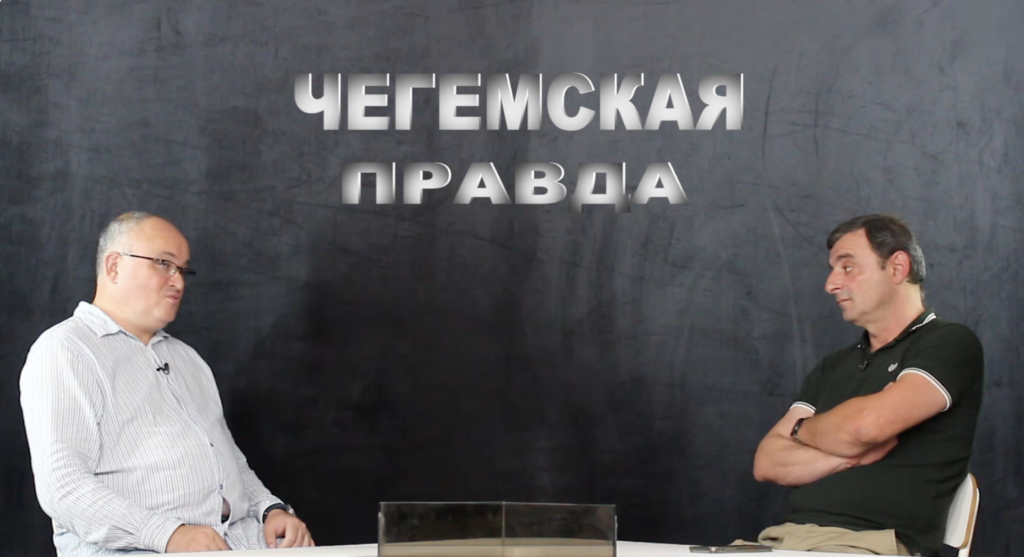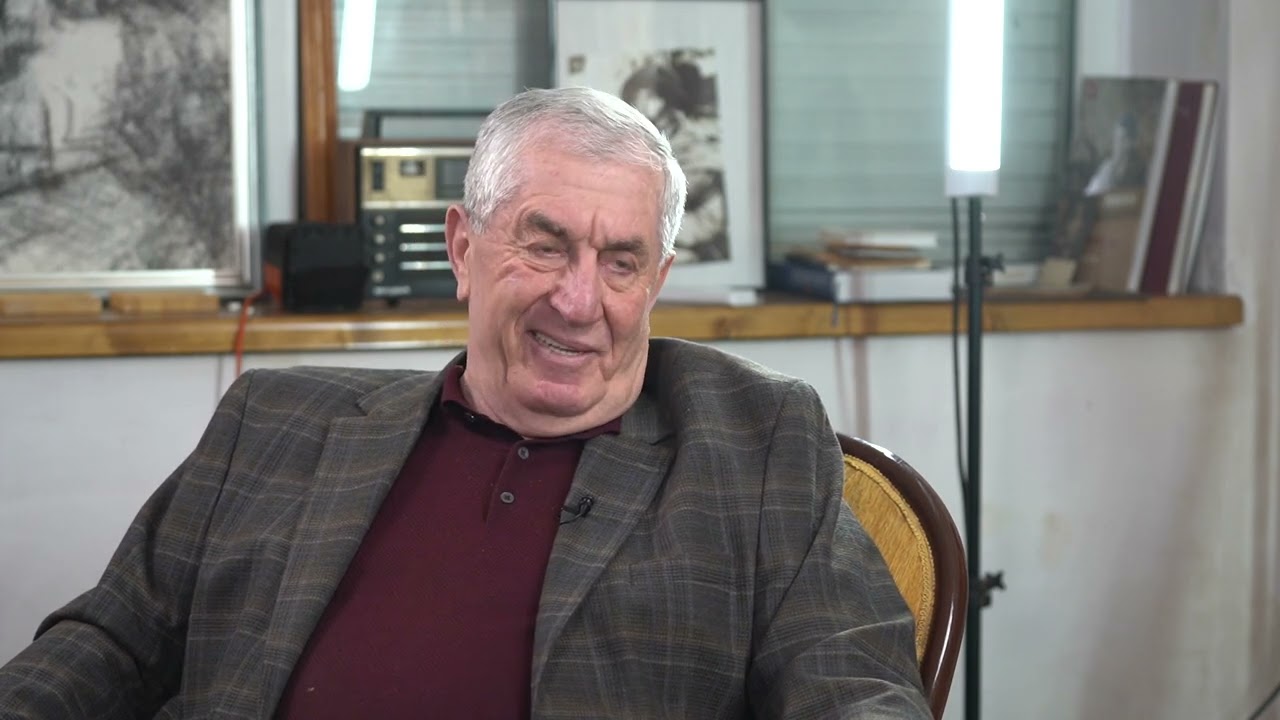Isolation of Abkhazia
This article was originally published on the Ekho Kavkaza website. The text and terminology of the article have been transferred without changes. All rights belong to Ekho Kavkaza. Date of publication: January 29, 2024.
Author: Izida Chania
The orientation of Abkhazia’s foreign policy has undergone a significant global change over the past couple of years. Moving away from a multi-vector policy aimed at de-isolating the country, we have shifted towards self-isolation. President Aslan Bzhania leads this new policy, with the Ministry of Foreign Affairs and the State Security Service as its executors, while the parliament is assigned the role of passive conciliators.
And although the law on foreign agents in Abkhazia has not yet been adopted, and has not even entered parliament, this does not prevent pressure from being exerted on representatives of civil society and non-state media. Preparations for adopting this law are underway at all levels, with executors cleansing the information space, violating the rights of citizens, and employing unreliable data and unethical methods to discredit opponents for their propaganda.
Time is essential, and the executors are in a hurry: the law on foreign agents will soon be submitted to parliament, legally restricting the rights of citizens and labeling those who disagree with the president’s policy as “enemies of the people.” Currently, the law is circulating between the presidential administration and the Ministry of Justice, and it is expected to be supplemented with provisions related to individuals.
Consequently, all those who received funding from international organizations — for purposes such as purchasing tractors, growing vegetables, installing windows, repairing toilets in schools, acquiring medical equipment for hospitals, and publishing books in the Abkhaz language (including the audio version of the novel “The Last of the Departed” by the classic of Abkhaz literature Bagrat Shinkuba)—will be affected by this law.
Certainly, one can follow our leadership’s lead and accuse Russia of pushing for the adoption of the law on foreign agents. Alternatively, we may choose to analyze the detrimental impact of a similar law in a larger country, comprehending the threats it poses to small Abkhazia. As a last resort, the decision could be made to halt the activities of all international non-governmental organizations in Abkhazia, should there be genuine suspicion of their adverse influence on the minds of our citizens.
While various options exist, the reality is that today, there are more patriots within non-governmental organizations than within the government itself. Curiously, the current government has chosen to employ this law for an entirely different purpose – to curtail the rights of citizens, dismantle civil society, and restrain freedom of speech. Thus, under the guise of loftier goals, it seems more convenient to engage in wholesale and retail trading of the country.
This is why the vigorous exchange last weekend between the EU Special Representative in the Caucasus, Toivo Klaar, and the Foreign Ministry of Abkhazia felt particularly awkward. The European diplomat expressed concern that the format of the international Geneva discussions is jeopardized, as the Abkhaz side refuses to discuss the agenda for the next round. He reported, “we were denied a visit to Abkhazia for the second time.”
Klaar observes that there are “fundamental political differences” between Abkhazia and the EU. Despite these differences, he notes, “we have always managed to maintain functioning channels of communication and leave room for interaction” in humanitarian projects. Comparing the recent changes in Abkhazia’s foreign policy, Klaar astutely predicts that Abkhazia “seems to be closing down.” The diplomat is convinced that such isolation is contrary to Abkhazia’s interests and will only exacerbate existing problems.
In response, the Abkhaz Foreign Ministry adopted a characteristic (in recent years) stance, portraying Abkhazia as a globally recognized nuclear power. The press service of Abkhazia’s Foreign Ministry announces the “failure of the policy of the collective West in the Republic of Abkhazia,” accusing the collective West and the EU of adopting a false position.
It goes on to label Abkhazian NGOs as foreign agents, inexplicably referencing U.S. legislation. The Foreign Ministry then descends into outright hysteria, claiming “Mr. Klaar received a reprimand from his superiors,” and predicting that “Mr. Klaar will be even more disappointed in the very near future,” among other statements. At some point, it becomes challenging to discern whether one is reading a statement from a foreign policy agency or witnessing a Facebook squabble.
A distinct aspect to consider is the rapid dissemination of the Abkhazian Foreign Ministry’s statement by anonymous information sources. This once again underscores the propaganda methods adopted by the Abkhazian Foreign Ministry since the appointment of the new minister, Inal Ardzinba. While the head of the Foreign Ministry, who has recently regained citizenship after forced emigration from Russia, is preparing to issue an official comment in the form of a threat, it is worth noting that it has never been a secret in Abkhazia that the European Union supports the territorial integrity of Georgia. This support extends to the friendly, though not internationally recognized, Abkhazia-Belarus. Consequently, the EU follows a program of “engagement without recognition.”
Furthermore, it’s noteworthy that this program received backing from President Aslan Bzhania, who, on December 4, 2020, signed a decree amending the “Concept of Foreign Policy of the Republic of Abkhazia.” This decree aimed at creating conditions for establishing an additional format of multilevel negotiations between Georgia and the Republic of Abkhazia, providing an avenue for discussing issues of mutual interest with the Georgian side. This was well before Inal Ardzinba assumed his position in the Ministry of Foreign Affairs of Abkhazia.
Allow me to remind you that Aslan Bzhania revoked his decree on May 25, 2021, succumbing to pressure from the opposition and the parliament (not the current one, of course). Since then, we have yet to witness a new strategy from him, and the President has sidestepped his responsibility to deliver his annual address.
Now, let me hypothetically place myself in the shoes of a president who had to abandon his concept without offering anything new in return (please, do not interpret this as a threat or political intention). If I aimed to encourage citizens of Abkhazia to turn their gaze towards Georgia and foster anti-Russian sentiments in the country, I might consider opening the border with Georgia while simultaneously implementing an unfavorable regime along the Russian-Abkhazian border.
I might even propose lists of Abkhazian citizens, recommending their detention upon crossing the Russian-Abkhazian border.
I would favor Russian oligarchs over the interests of local Abkhazian businesses.
I would instigate anti-Russian sentiments among the citizens of Abkhazia.
I would curtail the rights of young people to travel and study outside Abkhazia and Russia.
I would attribute my own failures to the Russian government.
I would approve the donation and leasing of lands and facilities where citizens of my country could generate income.
All of these actions would be framed as part of the promotion of the “engagement without recognition” program.
How can one not recall President Bzhania’s unfulfilled decree – “by hook or by crook”? So, I have doubts about the failure of the “engagement without recognition” program and the assertion that Abkhazian NGOs are conduits for this initiative. Instead, the presented “evidence” appears to be more indicative of the president and his team.


